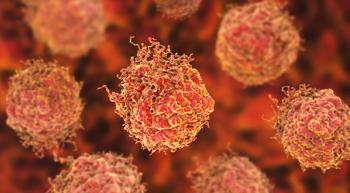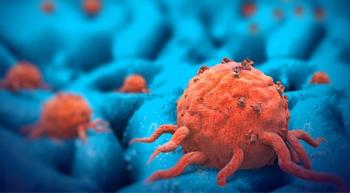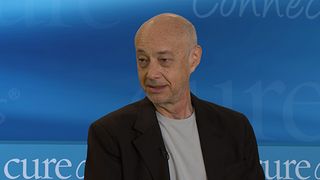
Prostate Cancer
Latest News
Latest Videos

More News

The PARP inhibitor Lynparza reduced the risk for death by 31% in men with metastatic castration-resistant prostate cancer compared with Xtandi or Zytiga plus the corticosteroid prednisone.








Charles J. Ryan, M.D., internationally recognized for his research on prostate cancer, discusses risk factors, treatments and racial disparities associated with the disease.

A roundup of the latest news and updates for patients with prostate cancer from CURE®.





The evolving understanding of cancer genetics is allowing for clinicians to look at how to move rare cancer treatments, and identifications, forward.

The Food and Drug Administration noted the trial design was acceptable for researchers to evaluate VERU-111 in in metastatic castration and novel androgen-blocking agent resistant prostate cancer.

From the bi-partisan Research to Accelerate Cures and Equity (RACE) for Children Act implementing an FDA mandate that all new cancer therapies for adults must also be studied in children, to the “Iron Man” of baseball Cal Ripken Jr. announcing he’s cancer free after a February diagnosis, here’s what’s happening in the cancer landscape this week.

The World's Leading Non-profit Organization in Prostate Cancer Research Encourages Americans to Eat Healthier While Raising Awareness About Health Disparities Among African American Men.

New research has found that the risk for invasive prostate cancer increases significantly when patients have a family history of PBSIN along with invasive prostate cancer.

Prostate cancer treatments can cause side effects in a part of the body that might be unexpected— the heart. Here's how one expert believes patients can mitigate them.


Researchers indicate that the current data suggest that race does not have a negative prognostic effect in patients with castration-resistant prostate cancer with bone metastases.

The risk for a major cardiovascular event was reduced by more than half in patients who received Relumina compared to the hormone associated therapy leuprolide.

“We don't know what the best treatment paradigm is for a patient whose disease is most clearly manifest on a PSMA scan as opposed to standard imaging,” said Dr. Michael J. Morris. “All that work has yet to be done, and we can only do it once we have the scan available to us as a tool in the United States.”

Each month, we take a look back at the most popular CURE® stories. Here are the top five stories for June 2020.














